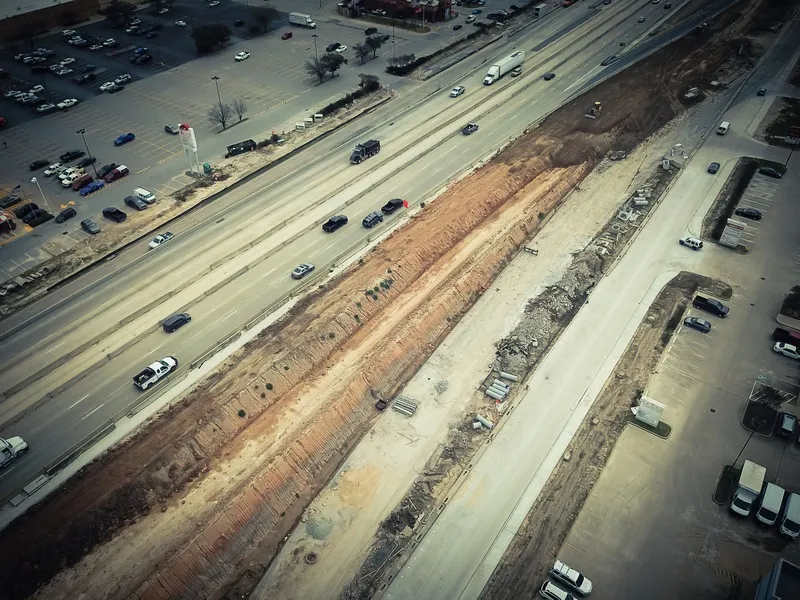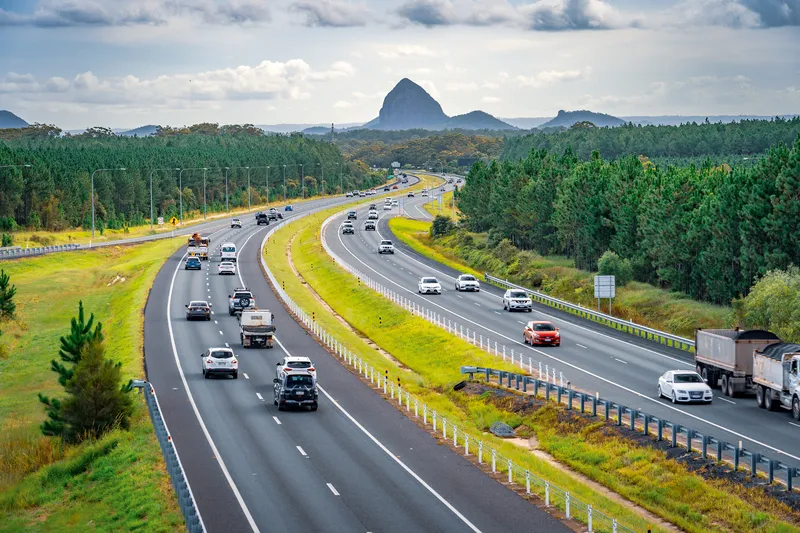
IBTTA is calling on the US government to use tolling and road user charging to help improve the country's infrastructure.
The tolling organisation says the Biden Administration and US Congress should "allow states to use tolling to rebuild their interstate highways" and "advance a national road user charging system".
The move comes following a damning assessment by the American Society of Civil Engineers (ASCE) which marked US roads as a 'D' grade.
Looking at roads, bridges, transit, ports, aviation and - for the first time - stormwater, its overall grade for infrastructure was 'C-', including a 'C' for the nation's bridges.
ASCE’s 2021 Report Card "underscores how critical it is coming out of the pandemic to take this opportunity to no longer delay, but truly invest in our nation’s infrastructure", says IBTTA president Mark Compton.
“We salute ASCE and its members for their continued efforts to sound the alarm about the fragile state of America’s infrastructure."
He adds that the US's 6,400 miles of tolled roads, tunnels and bridges "are among the safest in the world precisely because we invest in regular maintenance and capital improvements".
Tolling is a "powerful and effective tool", added Compton, who is also CEO of the Pennsylvania Turnpike Commission.
IBTTA says the ASCE findings are "a roadmap to Congress as they take action on a stimulus bill and draft the next transportation reauthorisation legislation".
However, Sam Graves, senior Republican on the House Committee on Transportation and Infrastructure, has warned that Republican party support for infrastructure stimulus comes with conditions.
"First and foremost, a highway bill cannot grow into a multi-trillion dollar catch-all bill, or it will lose Republican support," he insisted.
“Second, a transportation bill needs to be a transportation bill that primarily focuses on fundamental transportation needs, such as roads and bridges."
Graves said: "Republicans won’t support another Green New Deal disguising itself as a transportation bill."
He added that rural infrastructure needs "cannot be left behind, and we cannot continue to allow a growing disparity between resources provided to urban and rural communities, as we saw in the $30 billion transit funding portion of the Majority’s recent Covid-19 package".









